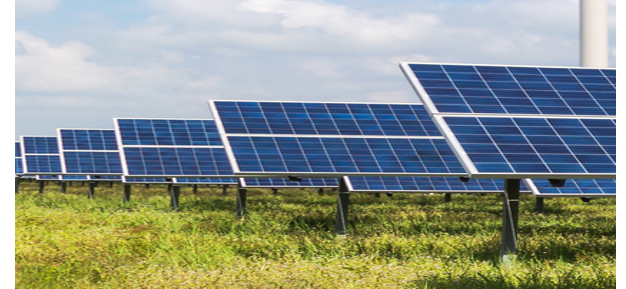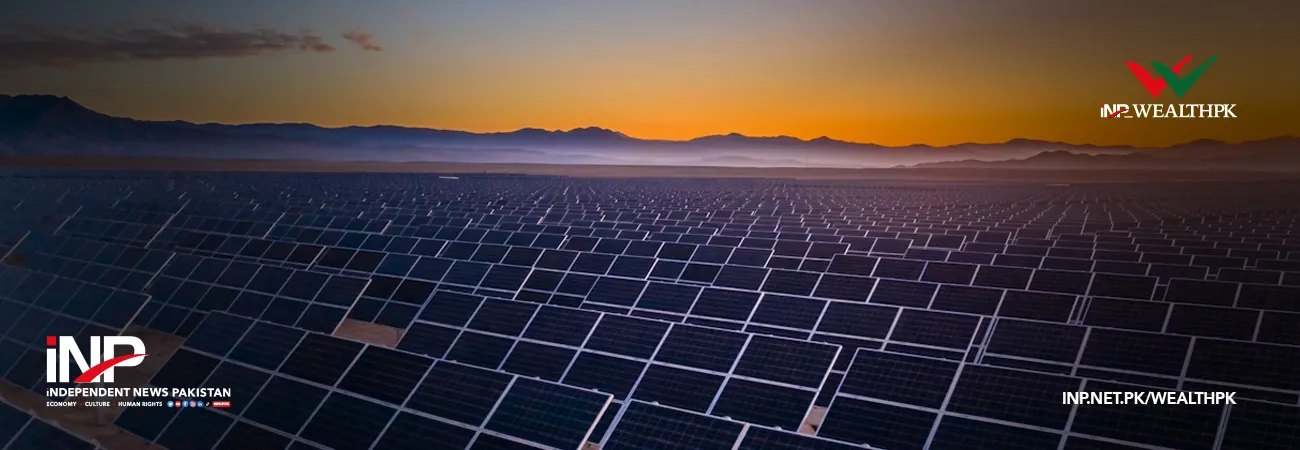INP-WealthPk
Amir Saeed

Solar energy is gaining ground in Pakistan, with an increasing number of individuals and organisations using it to meet their energy needs. However, high inverter prices pose a hurdle to the solar sector's expansion. Inverters are critical components of solar power systems, turning DC power into alternating current for grid connection. The high cost of inverters raises the overall cost of solar installations, making them less competitive with conventional energy sources. Talking to WealthPK, Zulfiqar Ali, chief executive officer of Safeway Renewable Energy, a solar solution provider, highlighted that the rising cost of inverters might impede the growth of solar energy in Pakistan, which is otherwise poised for fast expansion. “The government's efforts to encourage renewable energy and lessen dependency on fossil fuels may be hampered by the high cost of inverters.” He pointed out that the high cost of batteries and inverters is a significant barrier to individuals considering adopting solar power as an alternative to high electric costs.
“Despite the drop in solar panel prices, the overall cost of installing a solar power system remains too expensive for many. To address this issue, the government and the industry must collaborate to find solutions, such as promoting local manufacturing of inverters or lowering import duties. By bringing the cost of inverters under control, Pakistan's solar sector would be able to prosper and play an important role in the country's transition to greener energy sources,’’ he stressed. He also said that to promote solarisation in the country, the government should step in and provide incentives or soft loans to both individuals and businesses. “This assistance would help minimise the financial burden of adopting solar power and encourage more people to adopt solar power.” Talking to WealthPK, Rafiullah Shams, a manager at RS Solar Solution, a supplier of solar invertors, said that solar panel imports had already surpassed last year's total of 4,000 gigawatts in just a few months.
“This surge in imports has led to cheaper panels for consumers, making solar energy more accessible. However, the benefits of this trend are being hindered by high battery and inverter prices, which are essential components of solar power systems.” He pointed out that a concerning trend was the 30-40% increase in the valuation of inverters, which could lead to a hike in prices. “This would have an impact not just on the solar sector, but also deter people from switching to solar power.” Rafiullah suggested that converting businesses to solar power could have a significant impact on the industrial sector's growth. “However, the government needs to facilitate this transition by reducing the valuation of inverters and making solar power systems more affordable.” “Ultimately, the government's support is crucial in achieving the desired results and promoting the adoption of solar power. By cutting the high costs of batteries and inverters, the government can help make solar energy a more viable option for individuals and businesses, leading to a more sustainable future.”
Credit: INP-WealthPk













